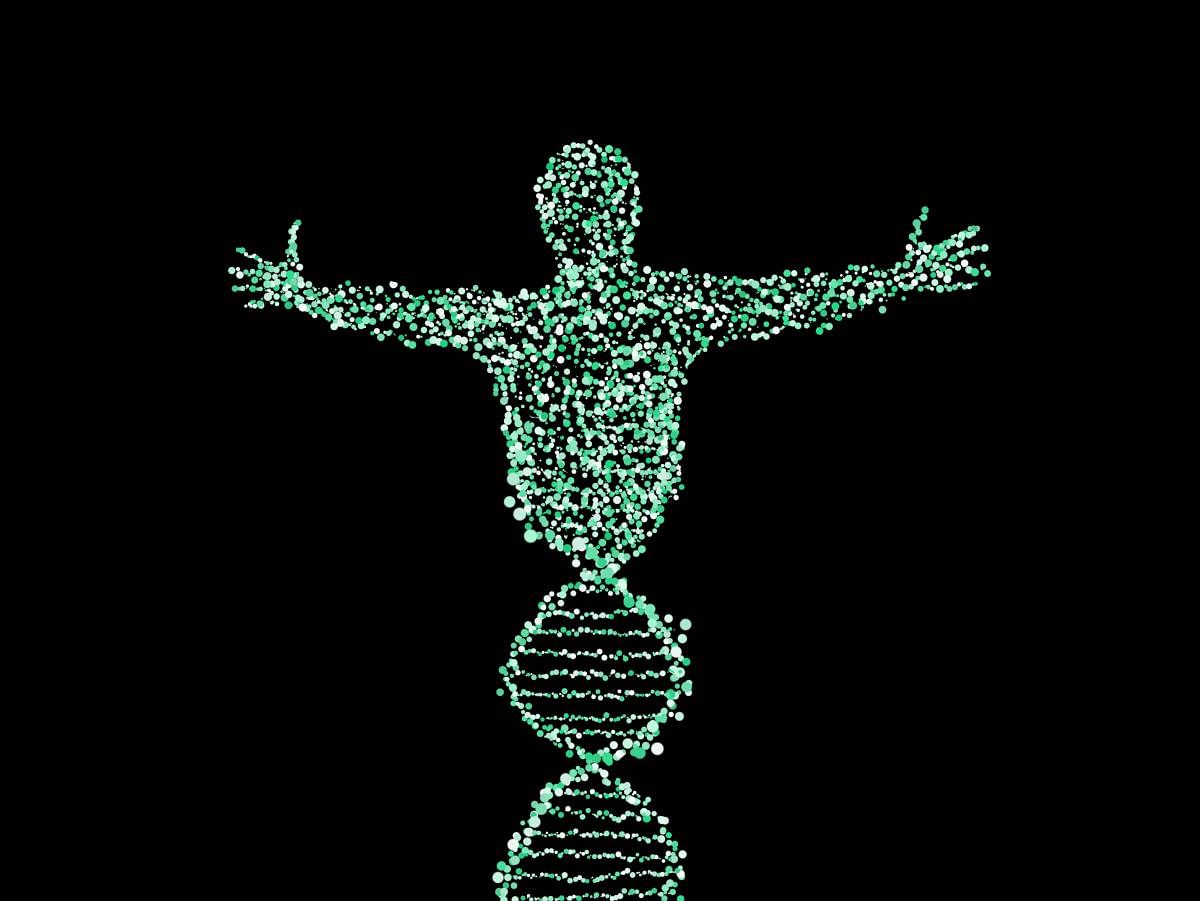
Roman poet Titus Lucretius Carus famously said, “One man’s food is another man’s poison.” If we were to interpret this quote in the modern context, we could conclude that Carus was probably referring to every individual’s unique gene make-up and its response to the diet and environment.
Probably that’s why an unknown trigger would cause one person a sudden rash or allergy while another individual in the same environment or diet would stay unaffected. You could be a frugal eater yet battling weight gain, or, you could be stuffing yourself like a bottomless pit, but your body refuses to accommodate any more mass. While you gasp at this disparity you should know it is because everybody’s genetic coding is different and your response to several foods and environments also differs accordingly. The good news is that these gaps can be analysed and understood through a simple cheek swab with the help of the science of nutrigenomics. But, what exactly is nutrigenomics? In layman’s terms, nutrigenomics is a scientific study of the interaction of nutrition and genes within the body and its effect on it.
“That’s because DNA is the source code to everything in your body, whether it is the vitamin levels, metabolism, detox mechanisms or even snacking patterns,” explains Anu Acharya of Mapmygenome, a DNA testing company. The results are your guide to tailoring meals compatible with your DNA type and making your innards super healthy.
“Essentially small changes in our DNA can alter the way our body processes food and nutrition,” explains Acharya. Your complete diet analysis can tell you how much Omega-3 or Vitamin D you need or are you including enough greens in your diet among many other details. Also, to reduce suffering timely or beforehand, nutrigenomics plays an effective role. “It is proving to be helpful for people battling constant and unresolved health issues,” says nutrition evangelist, Dr Shikha Sharma. Nutrigenomics tests can help you sooner because sometimes people discover food intolerance after having suffered for years. Eighteen-year-old Neha Joshi (name changed) learnt it the hard way. When she was fifteen years of age she suffered regular diarrhoea and bloating. “I was constantly tired and exhausted and no medication was helping,” recalls Neha. Many doctor consultations and medications later she went for genetic testing (which looked for genes called HLA-DQ2 and HLA-DQ8) and it revealed that she was allergic to gluten and had celiac disease. Once the intolerance was identified through the test, Joshi’s dietary sensitivity was discovered. It worked wonders for her system when she was advised to ditch gluten and switch to millets to replace carbohydrates. “That one test changed my life for the better and brought it back to normal,” exclaims Neha. Dr Shikha has seen many clients benefit from the change in diet she recommended according to their DNA analysis. So after the sample is taken, an analysis is done on several regions in your genome (the entire set of genetic instructions found in a cell) which interact with dietary elements and vice versa. “It looks into your DNA, for finding the perfect diet that works for you,” explains Dr Shikha. The experts then analyse your genes that help in nutrient absorption, convert carbohydrates to fat, help in weight loss or weight gain etc., and find out what the health issue is. So if you are found to be lactose intolerant, dairy products would be eliminated from your diet. Similarly, if a certain food item is found to be causing allergy, it would be excluded and an alternative diet would be prescribed to you. Dr Shikha feels this modern science also compliments the ancient ayurvedic system of food consumption according to the three doshas — Vata, Pitta and Kapha. She blends the ayurvedic wisdom and nutrigenomics findings to create a health-boosting diet plan for her clients. Clinical nutritionist, Ishi Khosla feels a gene-friendly diet is useful for people with some chronic and unresolved health issues. “People want to eat healthy not only to lose weight and look good but also to rule out their susceptibility to inherent diseases,” explains Ishi.
A person who has a history of cancer, diabetes or other serious diseases running in the family is more likely to go for these tests to understand his genetic predisposition to the same. A famous example would be that of Hollywood actress Angelina Jolie, who opted for a double mastectomy after her genetic testing reports showed her prone to breast cancer. Angelina’s mother had succumbed to the disease.
Like Angelina, many health enthusiasts are also curious about their gene make-up and come for these tests to ensure that they stay unharmed in a world where cancers, diabetes and lifestyle-related illnesses are on a rise. Acharya reckons while lifestyle diseases are on a rise, so is the demand for nutrigenomics testing. “It is now becoming very popular with nutritionists, some elite athletes and health-conscious individuals,” says Acharya. Many fitness enthusiasts and athletes are taking this seriously and following the diet plan compatible with their genetics because they want to enhance their performance and productivity. A lot of the younger population is getting interested in the tests as well. Some curious ones are also taking a DNA ancestry test to learn about their heritage while many are opting for preventive and diagnostic disorders.
Ishi feels while nutrigenomics analysis can be time-consuming and slightly expensive, not everyone is aware of these tests unless the doctor recommends them.
The sample collections can be conveniently done at your doorstep. The cost of these tests varies. They cost anywhere between Rs 3,000 for something like genetic counselling and can go up to Rs 89,000 for something as elaborate as whole-genome sequencing. This DNA-based nutrition solution has not only given a new lease of life to those aspiring for optimal health but is also proving to be a game-changer in educating people into making informed dietary and lifestyle choices with the help of this gene science.